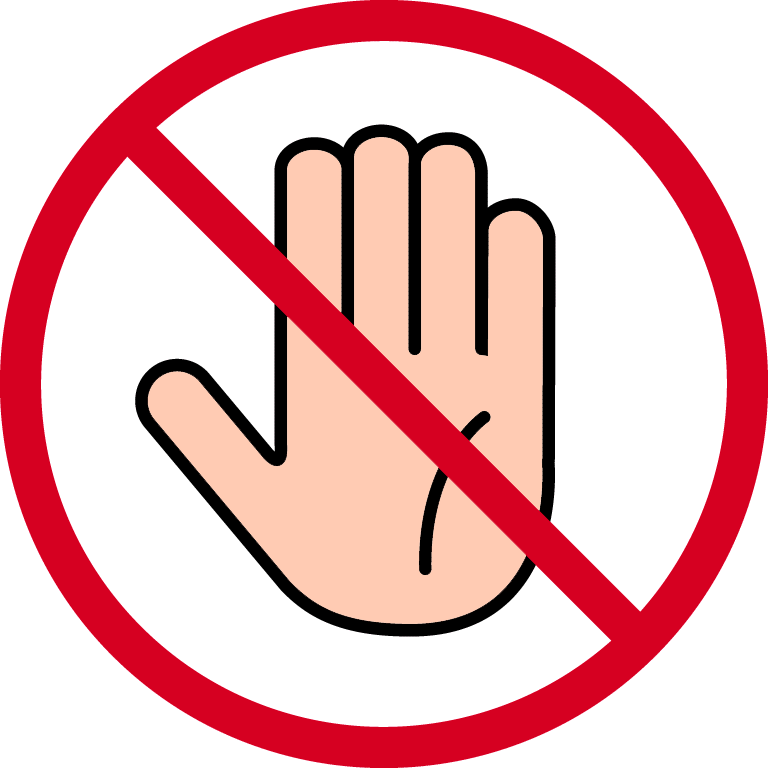Zero-Sum Game
Poker and gambling are popular examples of zero-sum games since the sum of the amounts won by some players equals the combined losses of the others. In game theory, the game of “Matching Pennies” is often cited as an example of a zero-sum game. ... This is a zero-sum game because one player's gain is the other's loss.
Zero-sum is a situation in game theory in which one person's gain is equivalent to another's loss, so the net change in wealth or benefit is zero. A zero-sum game may have as few as two players, or millions of participants. Zero-sum games are found in game theory, but are less common than non-zero sum games.
In contrast, non-zero-sum describes a situation in which the interacting parties' aggregate gains and losses can be less than or more than zero. A zero-sum game is also called a strictly competitive game while non-zero-sum games can be either competitive or non-competitive.
Must reading for all those who refuse to take responsibility in the great zero-sum game called the markets.
.
In a zero-sum game, someone can win only if somebody else loses.
.
On any given market transaction, the chance of you winning or losing may be near even, but in the long run, you will only profit from trading because you have some persistent advantage (read: mathematical edge) that allows you to win slightly more often than losing.
If you have ever played poker or studied edges in gambling, the words ring true: To trade profitably in the long run, you will know your edge, you will know when it exists, and you will exploit it when you can. If you have no edge, you can’t trade for profit. If you know you have no edge, but you are trading for other reasons, you will lose.
The players in markets who lose over the long run are generally commercial hedgers. The reason for this is that hedgers use the markets for risk insurance, and insurance premiums always cost money.
Of course, other speculators with bad strategy can provide winners with their gains too.
As counterintuitive as it seems, if you buy higher highs and sell short lower lows, and you use solid money management to manage and exit trades, you can find a mathematical edge in the long run. This keeps you opposite hedgers as much as possible. It is not rocket science by any means, but it holds up over time very robustly.
The market is brutal. Forget trying to be loved. Need a friend? Get a dog. If you are going to win, someone else will lose, either through their hedging or their bad strategy. Does survival of the fittest make you uneasy? Stay out of the zero-sum game.










